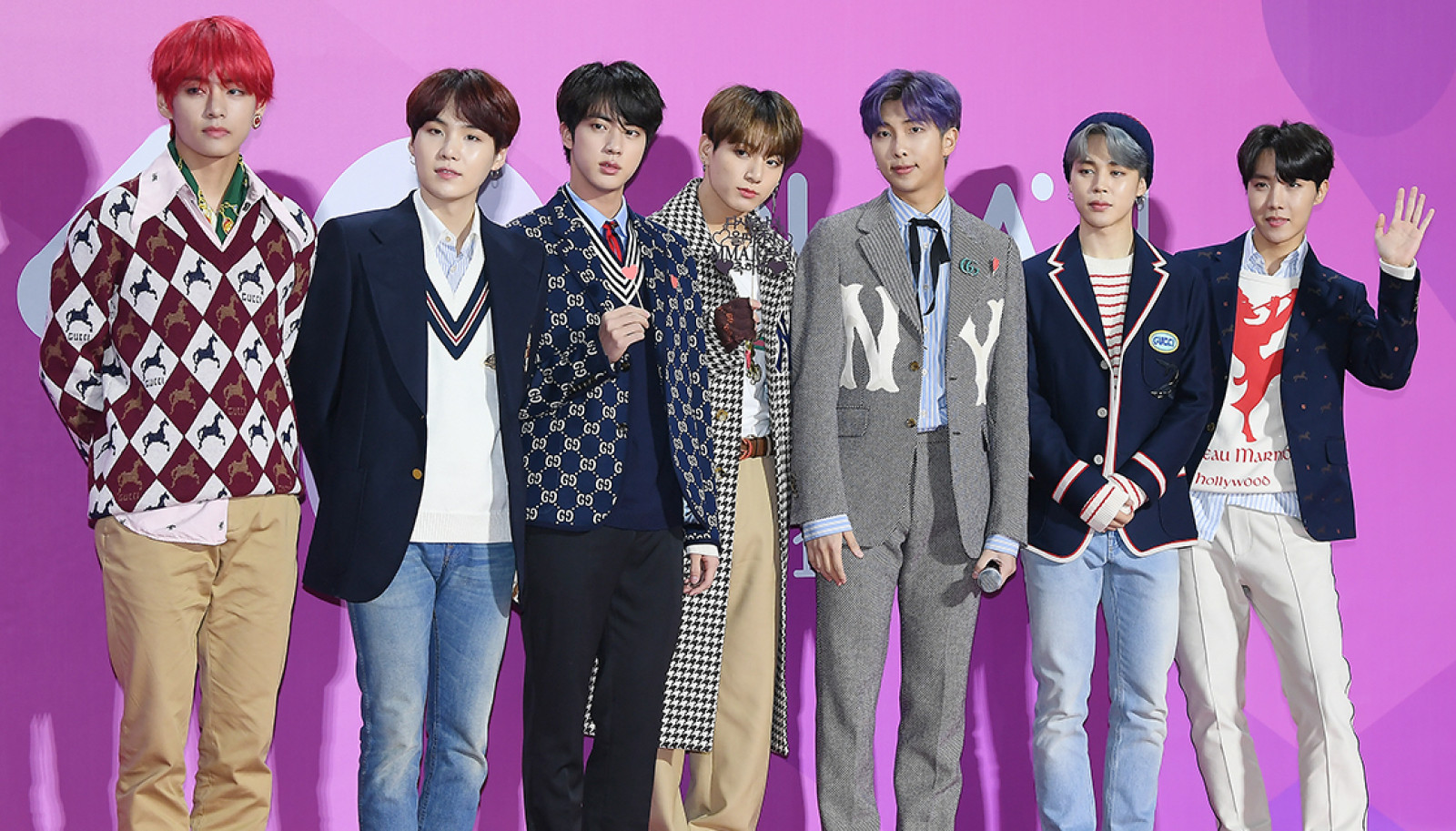Why HYBE expanding into China is a bigger deal than you think

Korean and Chinese labels have been a hot topic in the news lately. First, HYBE sold its entire 9.38% stake in fellow South Korean entertainment company SM Entertainment to Chinese music streaming giant Tencent Music Entertainment (TME) for approximately $177 million USD (per Music Business Worldwide). Then, HYBE announced its first Chinese subsidiary, HYBE China, with explicit plans to help promote current HYBE artists in mainland China. While these announcements may seem to be typical overseas expansion strategies, the impact is much bigger than that. HYBE is certainly not the first K-pop label to expand into China – other major labels like SM and JYP have Chinese subsidiaries. However, K-pop activity in mainland China has been heavily subdued in the past ten years due to an unofficial “K-pop ban” in China – and the easing relations between the two countries will impact the global music industry.
Deteriorating Sino-Korean relations have slowed K-pop exports to mainland China
While it is not an official government order, China has had a de facto ban on South Korean cultural products (known as hallyu) since early 2017. Referred to as hanhanryeong, the ban was implemented as a reaction to the US and South Korea’s deployment of the THAAD missile defence system. While the system was implemented as a defensive response to missile threats from North Korea, the deployment upended already-fraught relations between the South Korean and Chinese governments, leading to a Chinese boycott of all Korean media. Before the ban, China was one of the fastest-growing markets for hallyu. This sudden shutdown prompted Korean entertainment companies to focus their efforts toward Japan and the US. Overall, some experts have estimated that hanhanryeong has cost the South Korean economy nearly $16 billion USD since 2016 (per NBC News).
However, tensions seem to have eased in recent years, though there have been several false starts. Korean rock band Say Sue Me was set to perform in Beijing in July 2024, but the concert was cancelled three weeks ahead (via Donga). K-pop group EPEX’s planned performance in Fuzhou this spring was cancelled as well, citing “local circumstances” (per Soompi). Had the performance happened, EPEX would have been the first Korean K-pop group to perform in mainland China since 2016. Still, the new political landscape in South Korea bodes well for renewed Sino-Korean cultural exchange. Reuters reports that recently-elected President Lee Jae-Myung has pledged to grow Korea’s cultural industry and facilitate active cultural and economic exchange with China, giving many hope that the Chinese market will once again open up for Korean cultural imports.
Featured Report
Ad-supported music market shares Spotify ascending
Ad-supported streaming has always occupied a unique and slightly contentious place in the music industry ecosystem. On the one hand, ad-supported still represents an effective way to reach consumers at scale, creating a wider subscriber acquisition funnel.
Find out more…As South Korea gets closer to tapping the Chinese music market, the US gets further away
The Chinese music market is somewhat of a “holy grail” for Western record labels and DSPs, due to both its size and its near unattainability. According to MIDiA’s 2024 Global Music Forecasts, China is the fifth largest music market globally as of 2023, projected to rise to number two by 2031. The country also has the largest global subscriber base as of 2024, with Tencent Music having the second-largest music subscriber market share globally despite only being available in mainland China. However, China is unreachable by much of the Western streaming service market. Most major Western platforms like Amazon and YouTube are blocked by the government, with Apple Music the only Western DSP operating in China. Spotify, despite dominating globally, has no presence in China – and Spotify and TME’s 2017 “stock swap” essentially acts as a “non-compete” clause. As such, China has developed its own unique DSP market and music culture, making it more difficult for Western labels to expand into the country.
Worsening relations between the US and China do not make expansion any easier. While the countries are currently in a 90-day truce (per Financial Times), both sides are struggling to reach a permanent trade agreement. This is not a unique instance – the current US political landscape has had a detrimental effect on the country’s cultural power overall. Already, fewer people are travelling to the US, with Reuters expecting that international travel spending in the US will decline around 7% in 2025. In the live sector, a growing number of international artists are also deciding not to tour in the US, especially in the wake of tightening visa restrictions and tourist bans (per NPR). Unfortunately, as this situation shows no sign of ending, the US may become more isolated in the long term due to these policy changes.
With China’s K-pop ban seemingly lifting, and the US losing cultural standing, Asia’s hold on fandom monetisation is only getting stronger. The vast majority of digital fandom revenue is in China, as subscribers have already adopted the supremium fandom model that is yet to launch in the US. This, combined with Korea’s current domination of the physical market, and the maturation of the streaming market, may turn the Asia Pacific region into more of a fandom superpower than it already is.


The discussion around this post has not yet got started, be the first to add an opinion.